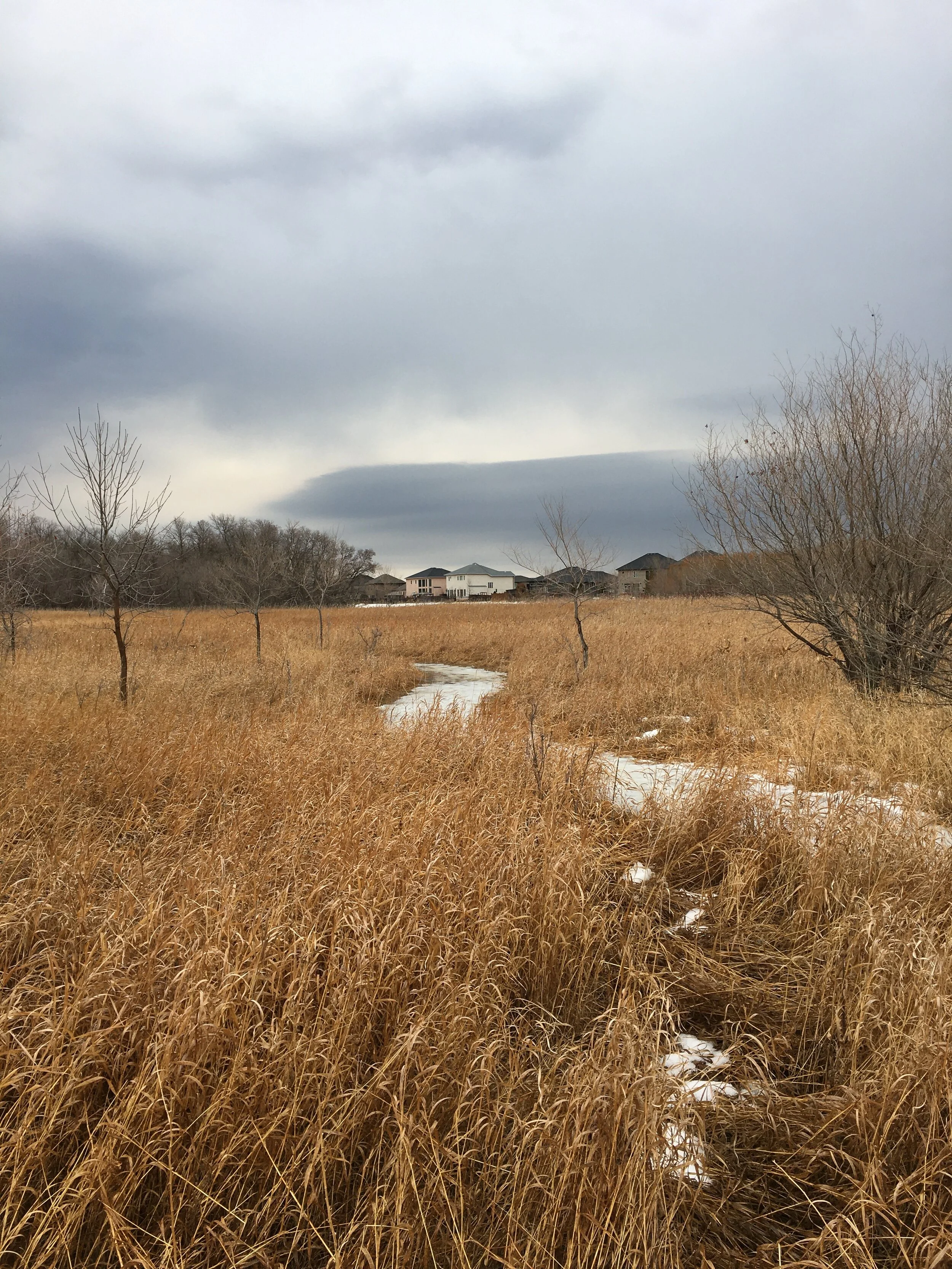I didn’t think I could write about menu planning without sounding officious until I discovered that it was the method I used to teach myself how to cook. The officious part is about how, over a period of years, I became a person who has a printed binder full of recipes. Food is ubiquitous. Eating is this necessary thing and then feeding a family this other necessary thing booby-trapped with fussiness and your own culinary shortcomings. An official menu plan only came out of the anxiety of having to face the quintessential “what’s for supper” question, and I typed and printed 52 weeks’ worth of answers before my children could talk. The following is how it started and what it taught me.
A menu plan has levels of complexity. I don't think people talk about this enough. Planning meals in advance is the kind of thing that requires work. Eating requires no work. Having an appetite is taken for granted. Having money to feed yourself – also taken for granted. Menu planning therefore addresses itself to people lucky enough to have the leisure of thinking creatively about food. If you have time, you are lucky. If you have choice, you are lucky. Menu planning begins with a calendar, and an aversion for the panic caused by that supper-time question. To begin, all that is required is the jotting down of the meal eaten last night. Then, the meal to be had tonight. Write down the one for tomorrow night. Keep writing down the meals eaten. Forget, remember, catch up, delay, ask your partner, "what did we have that other day?" Rate the meals with stars, take notes, or don't. Write down two meals for next week – it makes shopping easier. If you eat the same meal twice or allow for leftovers to be transformed the next day, there are four days of the seven taken care of. Take a day off to remind yourself what spontaneity feels like, order in, use the BBQ, and voilà! One week is done! Commit it to the calendar. This is the beginning.
On the podcast Spectacular Failures, in an episode called "Blue Apron wilts, then rises to a new challenge", a guest comments that women want meals to be effortless, delicious and to "have the moral value of home cooking". "The thing that home cooking delivers that none of these other things do is that it satisfies, I think, what we all feel as the moral imperative to cook. There's something that just doesn't click in when the thing comes in from outside." A service like Blue Apron, the guest, Laura Shapiro argued, is less about cooking and more about assembling. "They kind of fool you into thinking you're cooking whereas real cooking hands-on cooking, knowledgeable cooking, has to do with cooking day after day, doesn't mean you're making fabulous, elaborate meals, day after day, even if it's the simplest possible thing; that's cooking." It’s that moral value that makes it hard to talk about menu planning because in the end, it’s like saying, I flossed every day last week. Nobody cares. And it’s expected of you. You benefit. Your neighbour doesn’t benefit from your menu plan, your friends don’t. Your circle of influence is the family. The glow of 52 weeks of recipes categorized by month and season is uninteresting to most people.
But here’s the thing, in spite of all the discomfort of writing about one’s organizational habits like some amateur Martha Stewart, menu planning taught me how to cook.
I came into marriage young and inexperienced. I used to tell my friends that all I needed to do was learn how to cook and learn how to swim, both of which I though could be resolved in some classes, and then I’d be set. Let life begin. In fact, I shied away from cooking classes because none suited my desire for anonymity, and despite the swimming lessons, I was still afraid of water and could not master a front crawl. Instead of cooking, I started baking. Baking has delicious outcomes and does not involve meat. Baking has finicky instructions I like to follow and that attention to detail has its rewards. I applied the recipe-following I learned from baking to cooking. To ensure a satisfying end product, I picked recipes with consistent five-star reviews from the Food Network website. By following enough recipe instructions, I started to learn cooking terms. Cookbooks with pictures were also handy. One of the first that I purchased was Best Summer Weekendswhich I used it in winter too. I started to be able to associate words with tastes and textures. All this took years. Another thing that took years was gathering enough recipes we liked to span a year’s worth of week day meals. Finding inspiration is fun, but there is that dissonance between cookbook idea and everyday reality that has to be contended with and the only way to wear it down is with practice. Practice eventually accumulates and becomes experience.
The work for the home cook is a sort of translation. Does this recipe suit our family’s tastes? Does it suit our schedule? How much are the ingredients? Are they easily available? In what season? Often, I think, regular home cooks are sold on ideals of delicious outcomes, or timely delivery, when really, cooking is mostly dull and repetitive. Even so, experience eventually yields an appreciation for the simple task… Good cookbook authors can convince you that if you do put in the work, you will eventually feel the reward. And they’re right. My favourite guides have been Nigella Lawson, Jenny Rosentrach and Deb Perelman, not to mention the Canal House ladies and Canadians like Ricardo, Anita Stewart and others.
The last level of complexity in menu planning is to loosen your grip on menu planning. Eventually, accumulated experience and experimentation leads to a repertoire and a familiarity with sides and pantry items that allows for a little more spontaneity. If at first I couldn’t understand how fridge items could be their own source of inspiration, now I do. I can make salads, or flavour rice, or see if I have enough time to peel those layabout potatoes. I can count on having an idea of what to cook next week, but also a reassuring feeling that if I want to try something new, I can.
I think maybe this is why I like talking about menu planning: it was the key that unlocked my understanding of food, that made me experiment and learn. It was a long, perhaps un-ideal way of teaching myself time and budget constraints and our family’s taste palette, but I would know about none of these things if I didn’t first buy a calendar then look for recipes to fill it with.







